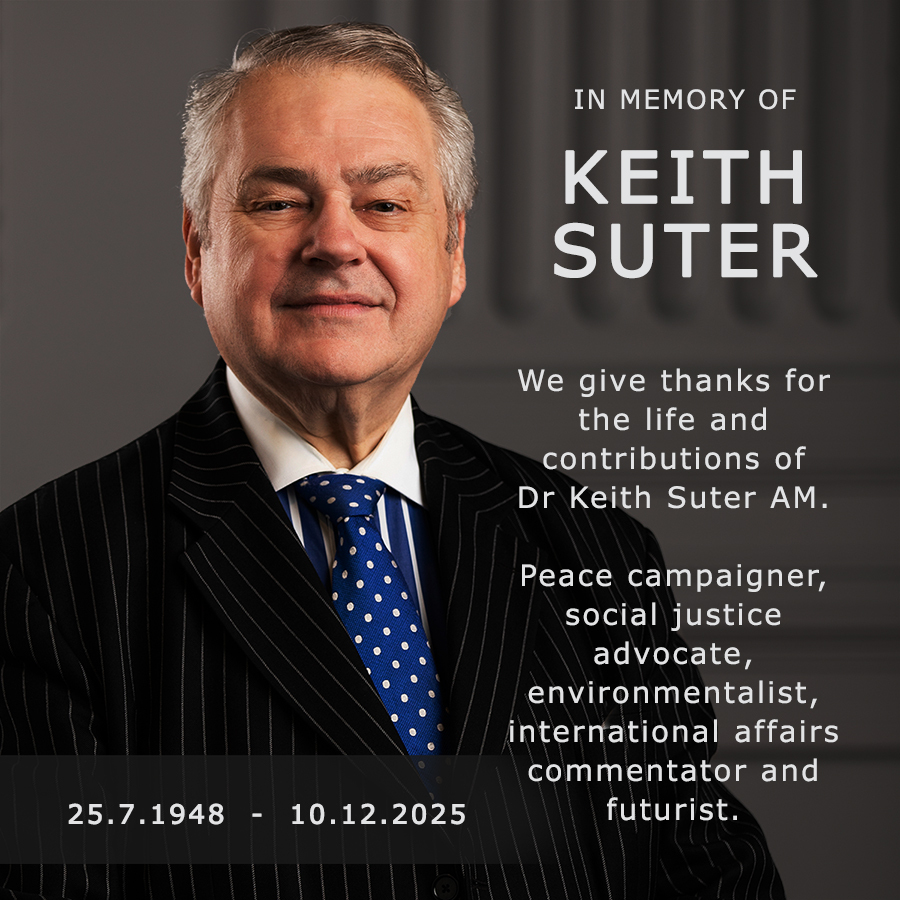
Archive Article: Homeless People And Their Care 3rd May 02
December 30, 2008
Wesley Mission is one of the country’s largest providers of accommodation for homeless persons. Unfortunately, current trends suggest that the Mission’s work will continue to grow.
Wesley Mission has been involved in providing accommodation for homeless persons for well over a century. This began with the Mission low priced accommodation centres for working men at Castlereagh and Kent Streets in the City. By the way, with all the controversy over immigration, the Mission provided its first accommodation for migrants back in 1907 – about a half a century before the Commonwealth Government created the current Department of Immigration.
The Mission’s work further expanded in 1922, when it acquired the Sydney Night Refuge at Francis Street, East Sydney. This had started in 1870 as a project of some philanthropic businesspeople and it was later decided that the Mission could handle it better.
Another turning was the appointment of the Rev Noreen Towers in 1964 to oversee the Mission’s further expansion in this area. A decade or so later she became a Churchill Fellow and did research overseas to compare the policies there with what was happening in Australia. She is now regarded as one of this country’s greatest experts on this subject.
In 1979, Edward Eager Lodge was opened in Darlinghurst and this was at the time the Commonwealth Government’s largest homeless persons project.
The work has continued to expand. Wesley Mission has gone from being able to accommodate 60 persons to 300. But still there is a need for accommodation.
Why are people still homeless? The most characteristic person is what the State Government calls “rough sleepers”: this is a sub-set who are usually male, aged in their mid-30s, two-thirds of whom have drug and alcohol problems and one third with medical problems. But women and families are also part of the client group. Another change has been the way that some people are living long enough to become elderly homeless people and so they require a special type of accommodation.
Another part of the problem is mental illness. The Richmond Report from almost three decades ago led to the closure of large mental health institutions. Mr Richmond also recommended a complementary opening of community care facilities. But the Treasury looked at the Richmond Report as a money-saving one: it closed the large institutions but did not provide much money for community care. Instead, organizations like Wesley Mission have been left to pick up the pieces.
A new development has been the closure of inner city hostels. This is part of the drift by people who are moving out of the suburbs and opting to live in the cities. Some are buying elegant apartments in buildings that – before renovation – were hostels. Another real estate development has been the opening of back packers hostels. Property developers can squeeze more backpackers into the same size accommodation than people who used to live in the building when it was a hostel. Poorer people are being forced out – even possibly to live on the streets.
In short, although the Mission’s work is expanding – there is still so much to do.
Broadcast On Friday 3rd May 2002 On Radio 2GB’s “Brian Wilshire Programme” At 9pm And On 5th May 2002 On “Sunday Night Live” At 10.30pm

